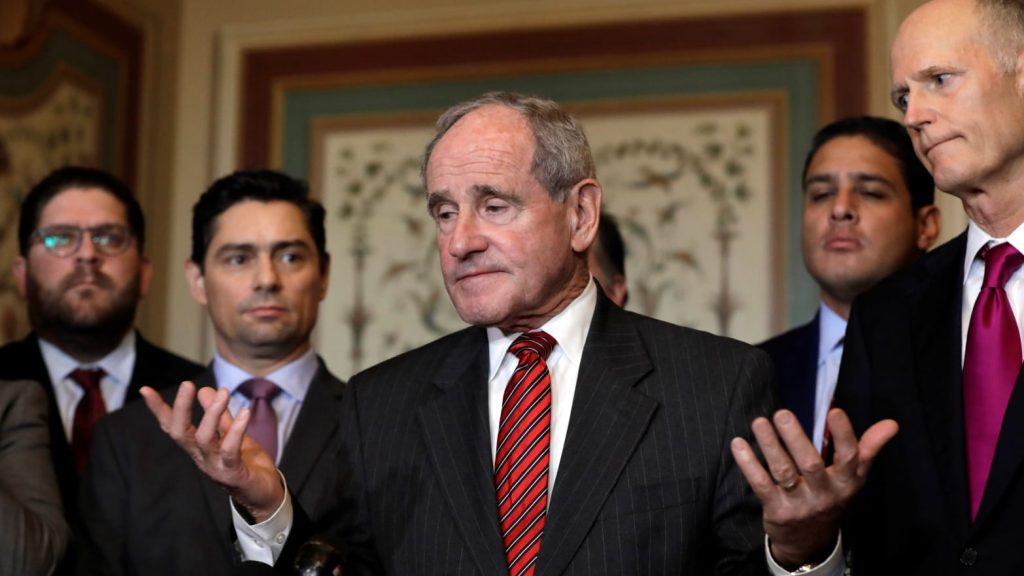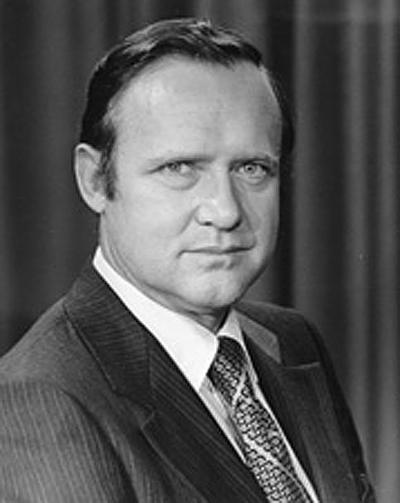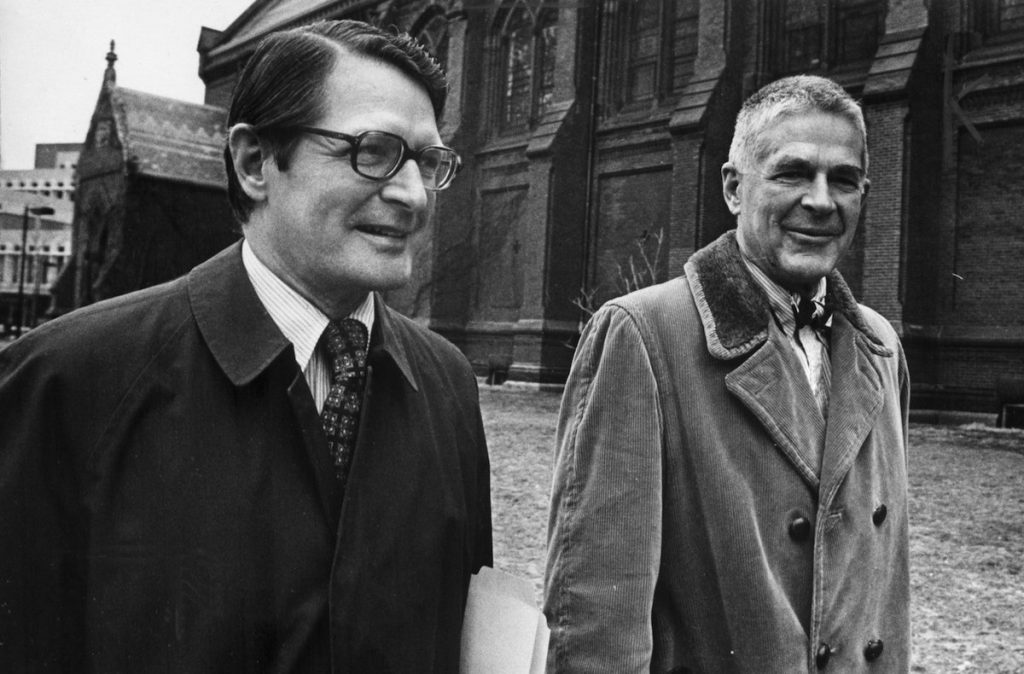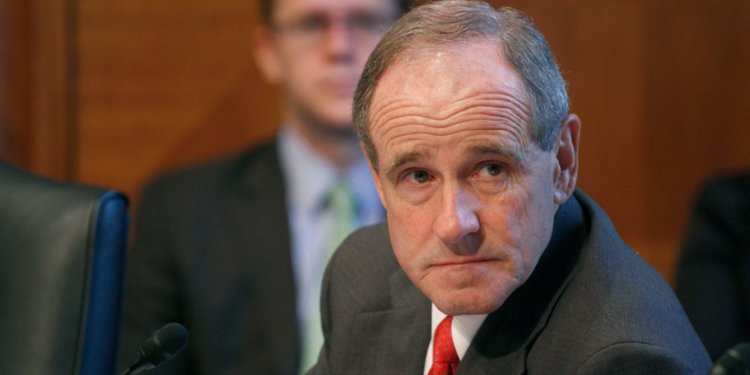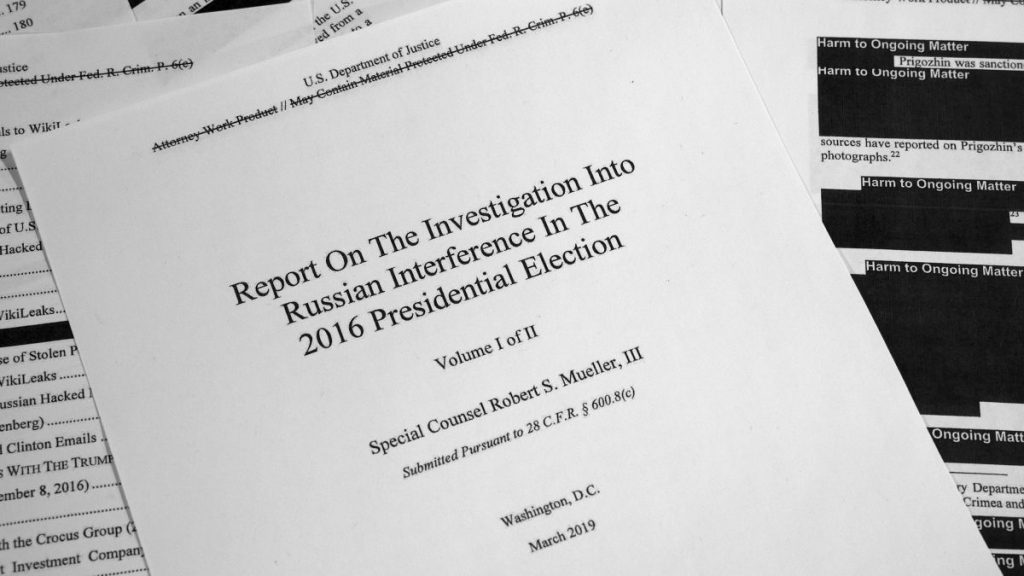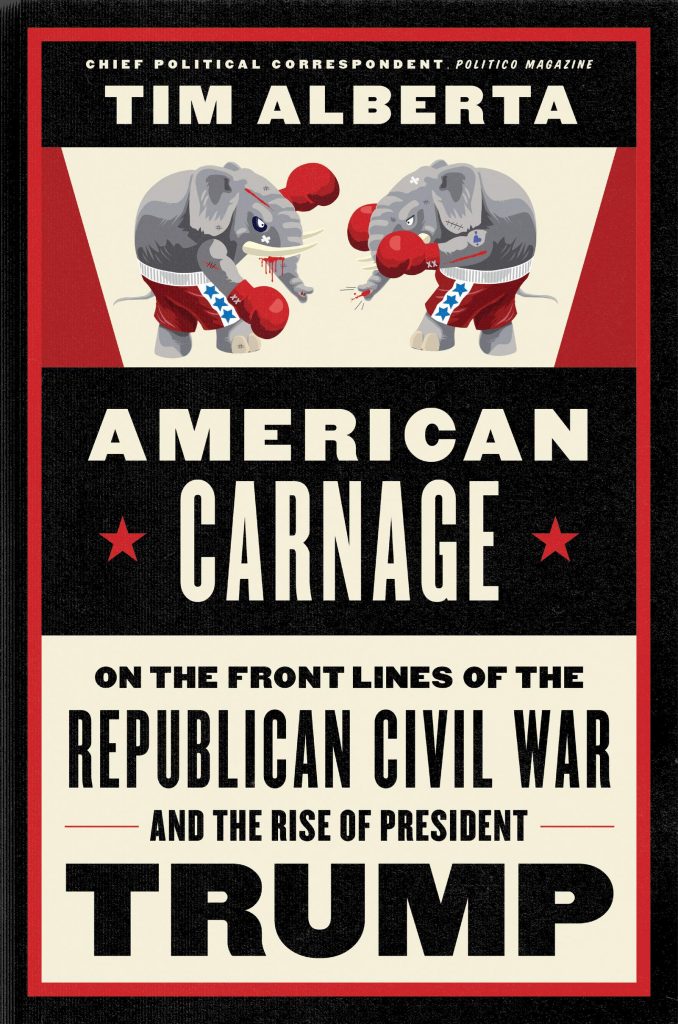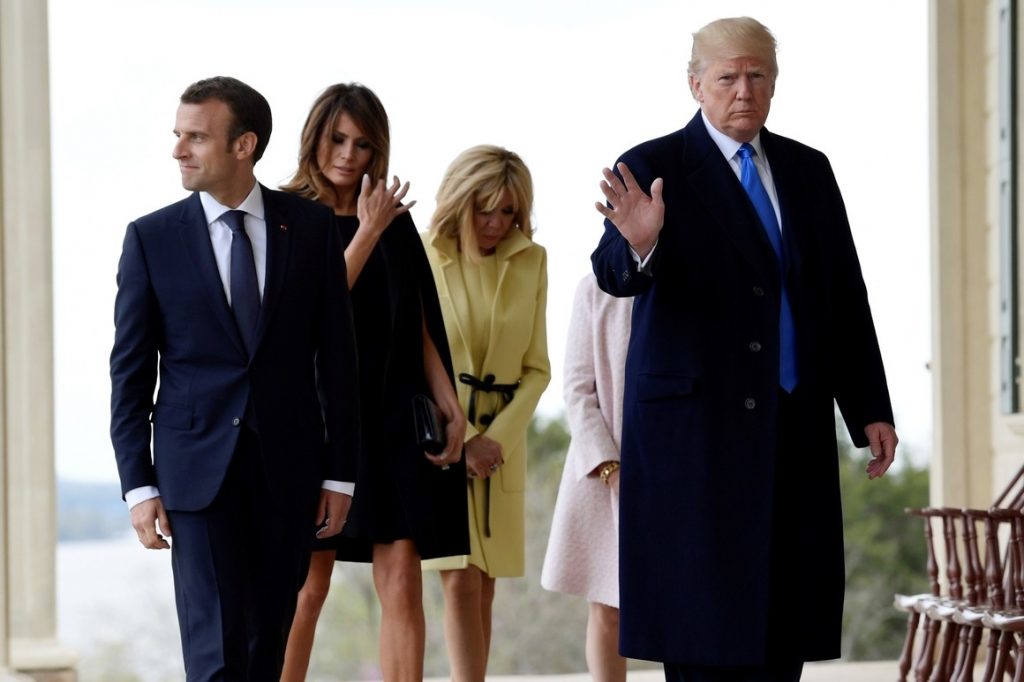The ultimate danger of the Trump presidency, even beyond the potentially catastrophic consequences of the recent abandonment of northern Syria to the Turks, Russians and ISSI, has always been that Trump will completely and permanently warp the simple notion of facts and destroy the idea of acceptable political behavior.
There was always going to be days of reckoning with the rabble-rousing, norm busting, and corruption pushing president. Those days have now surely arrived and the ultimate question has been framed for Idaho’s all-Republican congressional delegation.
“It is no longer a question of whether this happened,” the veteran and very measured Dan Balz of the Washington Post wrote this week concerning he latest revelations about the Ukraine shakedown. “It is now a question of how the president explains it and how lawmakers — especially Republicans — choose to respond to it.”
That is the question for Senators Mike Crapo and Jim Risch and Congressmen Russ Fulcher and Mike Simpson. Also a question for Gov. Brad Little and all the other Republicans who have shelved their sensibility about ethics, while bowing at the Trump alter.
As my friend David Parker, a political scientist at Montana State University, wrote this week on Twitter: “Imagine the following: Churchill, calling FDR: ‘We could really use some help here to stop the Nazis…’ FDR: ‘Winston, sure thing – but not until you give me some dirt on that bastard Dewey.’” David was factiously, of course, referring to the unthinkable: Franklin Roosevelt withholding critical aid to Great Britain in exchange for shaking down the prime minister for help defeating his 1944 Republican opponent.
Unthinkable, at least until Trump created a shadow State Department, put the criminally incompetent Rudy Giuliani in charge and used a Portland hotel operator who gave a $1 million to his inaugural fund as his messenger. All this – the illegality of seeking a political campaign favor from a foreign leader, the rogue foreign policy, the fundamentally venal corruption – is right there in plain sight.
Trump corruption was also glaringly on display with the president’s decision to award the upcoming G-7 summit of leaders of major industrial nation to his own Florida golf resort. Under intense pressure from among others Mike Simpson, who admitted it was getting a bit difficult to defend such blatant Trump corruption, the president backed down. Of course he blamed Democrats and the press and dismissed Constitutional prohibitions against his sleazy behavior as “phony.”

So, why exactly was it difficult for many Republicans to condemn such corruption? The president awarded a huge contract to himself after all, which in a simpler, more ethical time would have been the very definition of improper, self-dealing. The fact that the Constitution directly addresses such misconduct ought to have made reproaching Trump an easy call. And, of course, the president never admitted his scheme was wrong, just that it had been criticized.
Imagine if Gov. Brad Little owned a hotel in downtown Boise rather than a ranch. And imagine that he ordered all visiting Republicans or traveling state employees to stay at his hotel. Would that be improper?
Or imagine that House Speaker Scott Bedke owned a printing business rather than a ranch. And then imagine that he ordered all state agencies to do their printing with his business. Would that be corrupt?
That type of scandal would be spread across every front page in Idaho. There would be demands for investigations and calls for resignation. Yet, some Republicans actually defended Trump’s corruption before he cut off the limb they crawled out on.
“It may seem careless politically,” said North Dakota Republican Senator Kevin Cramer, “but on the other hand there’s tremendous integrity in his boldness and his transparency.”
Forehead hit table.
And there was Florida Senator Marco Rubio’s “economic development defense” of Trump corruption. “Anything that draws a major event like that to Florida is not something I would discourage,” Rubio said.
That’s a far cry from the Rubio of 2016 when he was warning fellow Republicans about Trump. “On issue after issue, what he’s saying to people isn’t true,” Rubio said then. “It’s called a con job. And we’re not going to allow a con artist to take control of the party of Lincoln and Reagan.”
Yes, yes we are. In fact, we have.
I would never have imagined that Mitt Romney would have become the keeper of the Republican soul, but that is precisely what has happened. Virtually alone among major GOP officeholders, Romney clearly has a conscious and clearly knows that character must still count in public life.

“Berating another person, or calling them names, or demeaning a class of people, not telling the truth—those are not private things,” Romney told journalist McKay Coppins who wrote about the Utah Mormon recently in The Atlantic. “If during the campaign you pay a porn star $130,000, that now comes into the public domain.”
Romney told another interviewer this week, “We certainly can’t have presidents asking foreign countries to provide something of political value. That is, after all, against the law.”
The House impeachment investigation will grind on and there will certainly be more – perhaps many more – revelations of corruption, illegal activity, dishonesty and debasement of the truth. The Giuliani cesspool alone will provide enough content for two new seasons of “Law and Order.”
The question is this: what do we do about it? Do members of the Idaho delegation continue to accept this profound level of corruption at the very top of the American government? Will they continue to be party to resetting the ethical sideboards for future presidential behavior? Will they uphold their oath to “protect and defend” the Constitution? Will they finally realizing that defending the indefensible is just too hard?
The days of reckoning are here. And, if irony had not died when Donald Trump moved into the White House, we could shake our heads at the fact that the president proclaimed this week “National Character Counts Week.”
“May we never forget that our Nation is only as strong as the virtue and character of our citizenry,” Trump’s proclamation read. He obviously forgot the line about the “virtue and character” of the president.


